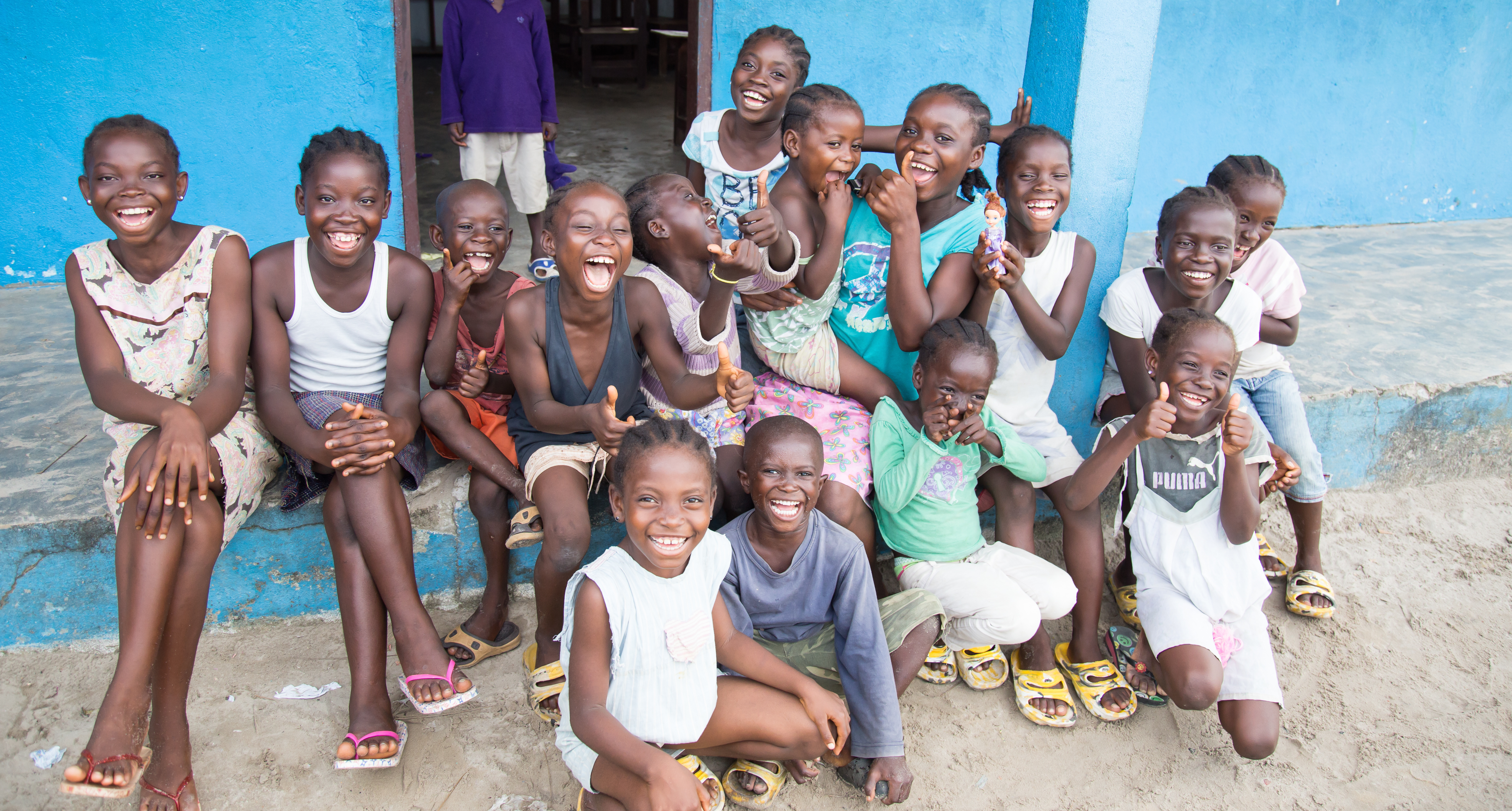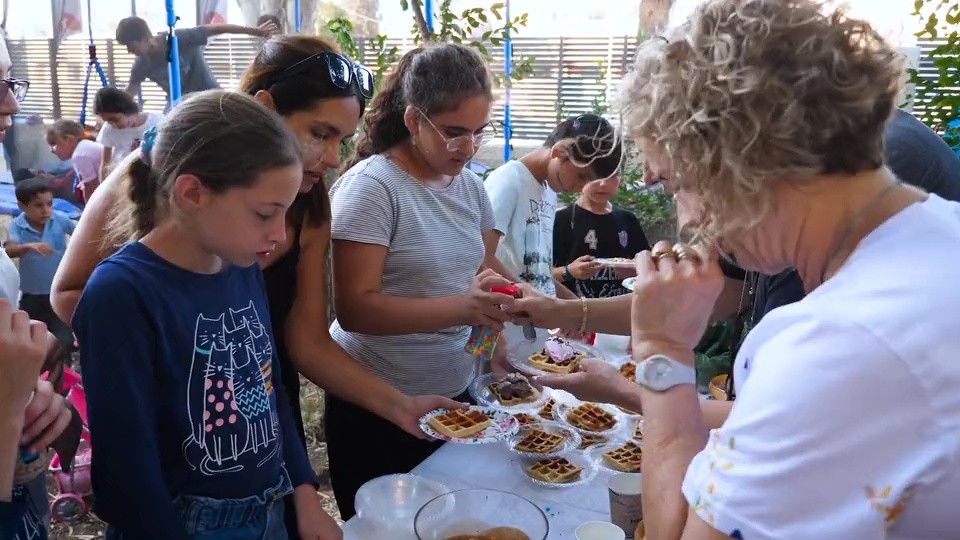

Churches, business owners, non-profits and other organizations will participate in DWJ episodes providing all our viewers information about basic community resources to better the lives of their families. God’s word will spiritually heal and transform individuals and communities creating a sense of purpose and meaning in their lives along with responsibility and accountability.

With God’s love we cast out His word to all the nations of the world to gather His church.ĭINING WITH JESUS VISION STATEMENT Our vision is to strengthen families through God’s word and increasing the number of people locally and from all nations to come to Jesus. With our Christian episodes create spiritual awareness among all nations about the importance of having a relationship with Jesus. is a 501 C3 Non-Profit Organization.ĭINING WITH JESUS MISSION STATEMENT Our mission is to give honor glory and praise to our Creator. Published by Dining with Jesus Christian EpisodesĭINING WITH JESUS PRODUCTIONS. To partner with God in loving, serving, and protecting the orphans and widows Us were adopted into God’s family through Jesus Christ ( Ephesians 1:3–7) and betrothed to Christ ( Ephesians 5:32 Revelation 19:7). Toward the orphans and widows around us, it’s helpful to remember that all of In considering what our own attitude should be We must fulfill “or else.” There is tremendous blessing in serving and standing We should not view caring for orphans and widows as simply a command from God Widows should be receiving the care they need, without anyone getting And she must have no family member to care for her ( 1 Timothy 5:9–10). Over the age of 60 and she must have been faithful to her husband and have ledĪ godly life.

Instructs that, for a widow to be supported by the local church, she must be These should learn first of all to put their religion into practice by caringįor their own family and so repaying their parents and grandparents, for this “If a widow has children or grandchildren,
#BIBLE CARE FOR WIDOWS AND ORPHANS HOW TO#
In 1 Timothy, Paul lays out more detailed instructions for how to care forįirst, Paul puts an emphasis on a widow’s family taking care of her, instead of Says that taking care of the needs of orphans and widows is part of religion “ pure and faultless” ( James 1:27). Widows among them-with harsh consequences promised if they failed in their When He gave the Law to MosesĪnd the Israelites, He gave instructions for how to treat the orphans and God commands us to care for orphans and widows. That mere earthly mortals will never again strike terror” ( Psalm 10:17–18). “You, LORD, hear the desire of the afflicted you encourage them,Īnd you listen to their cry, defending the fatherless and the oppressed, so However, nothing escapes God’s notice, and He will avenge the orphansĪnd widows. Helpless tend to be taken advantage of by those who think they can get away “A father to the fatherless, a defender of widows, is God in his holyĭwelling” ( Psalm 68:5). God Himself steps in to fill the role of protecting and caring for orphans and Not there, the wife and child can suffer in many ways. Husbands and fathers play an irreplaceable role in a family. The Bible reveals God’s attitude toward orphans and In biblical times, the main cause of a child being orphaned is that the Orphans are children whose parents, for whatever reason, are not in the child’s Widows are women whose husbands have died, and Pastor Chris White says to all of you: HELLO MY Nuestro traductor de Google en nuestra página de inicio ve a: Traduce este sitio en tu idioma preferido, busca Family bonds within a home setting can be very strong, with the potential to span a lifetime, well past when an orphan turns 18, at which age they are usually no longer accommodated within an institutional setting.Translate this site into you preferred language, look for our Google translator in our home page: The numerous advantages of this approach include: an orphan stays in their home environment they receive personal adult-based attention and new social structures are fostered that provide both the widows and the orphans with the safety and security that the family-orientated environment provides. Practically, the above situation implies that a widow opens up her home to care for one or more orphans as part of her own family. Therefore, we choose to help the orphans find a new family and home. Moreover, institutionalisation removes a child from his or her home environment. However, such institutionalised care is relatively costly, and it is often detrimental to the children concerned who very rarely, under such circumstances, receive the personal attention that they need. Sadly, institutionalised orphanages are still widely seen as being the best form of orphan care.


 0 kommentar(er)
0 kommentar(er)
